#John William Beatty
Text

John William Beatty; Before the Storm
31 notes
·
View notes
Photo
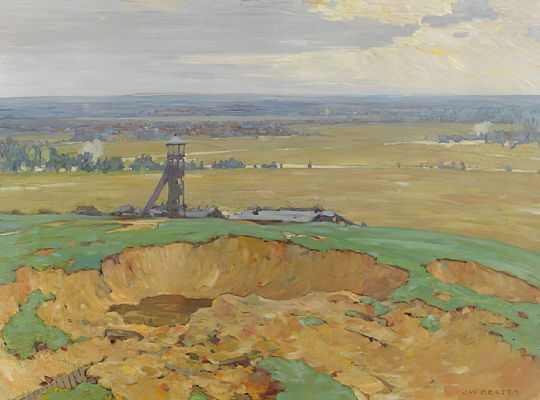
Lievin von Vimy Ridge, 1914-19 von John William Beatty
Öl auf Leinwand, 1914 Canadian War Museum, Ottawa, Canada
#John William Beatty#landschaft#landschaftsmalerei#kunst#gemälde#meisterwerk#kunstdruck#museum#galerie#kunstwerk#alte meister#lievin#beatty#oil painting#oil on canvas#art#painting#landscape
3 notes
·
View notes
Text
Four Chubs from the film Hear My Song 1991.

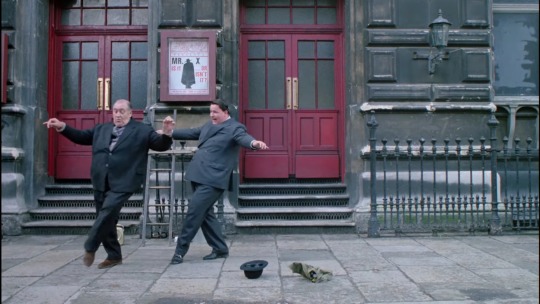
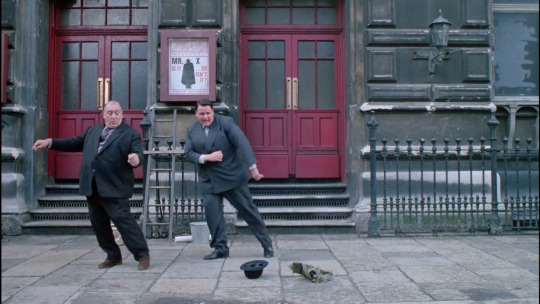
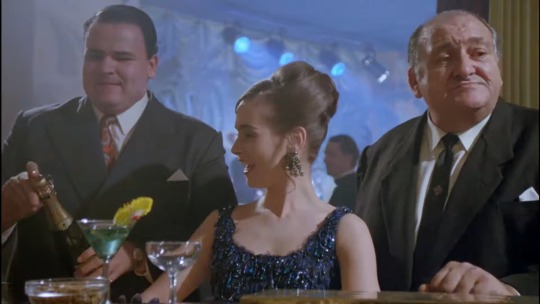

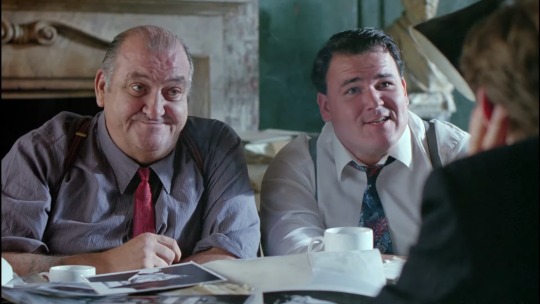

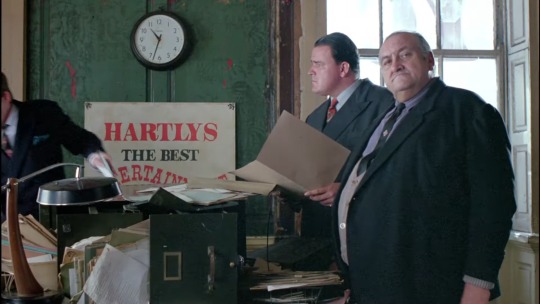

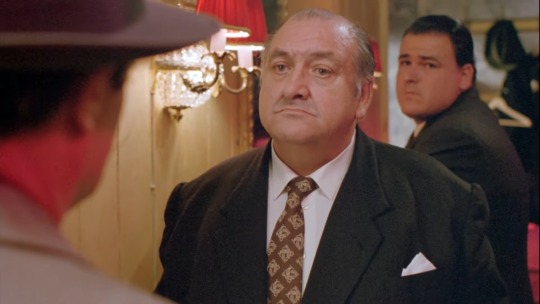

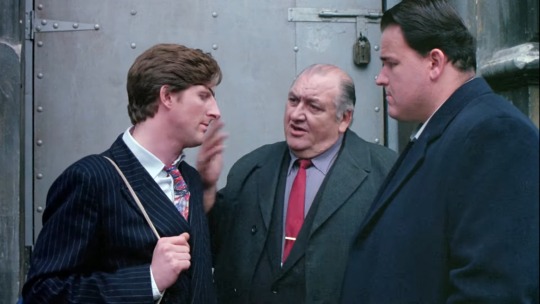
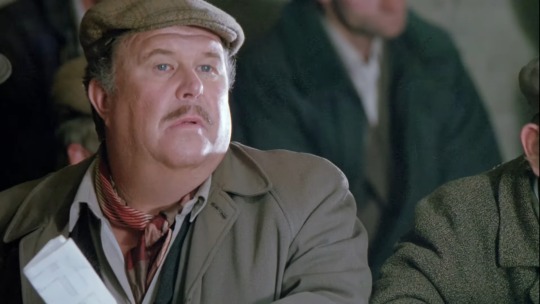



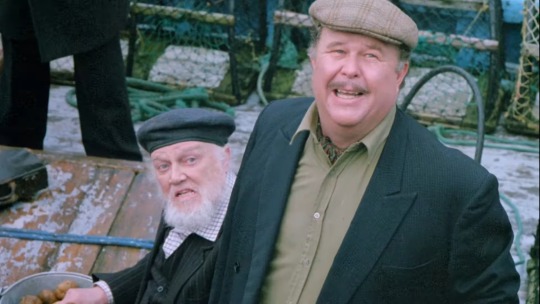
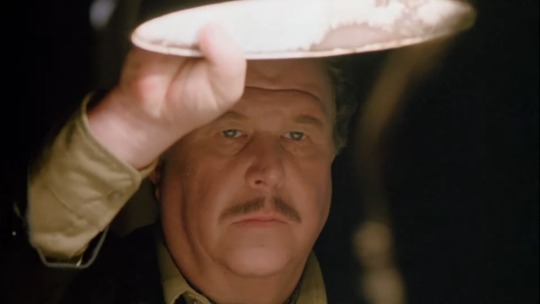
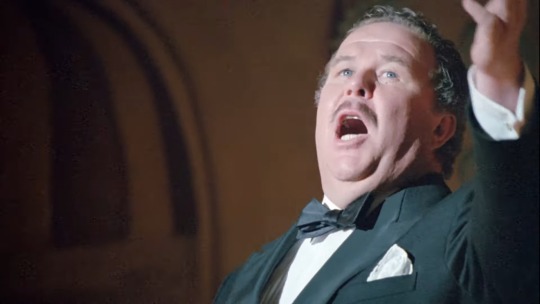

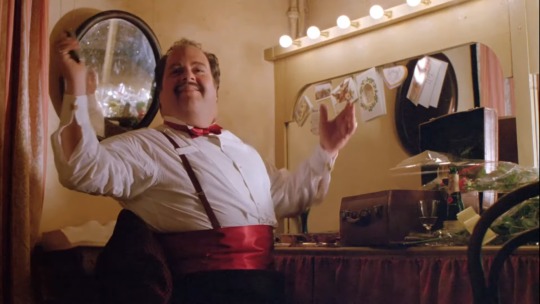
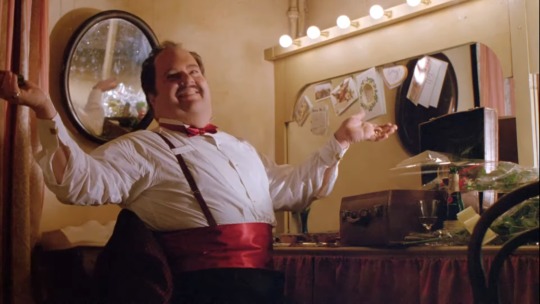
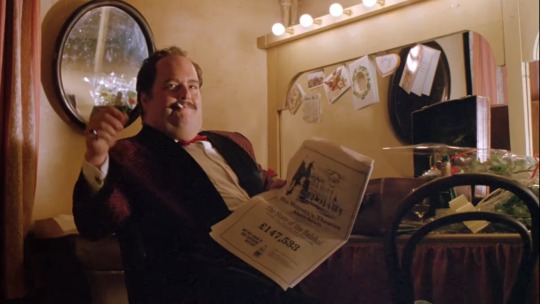
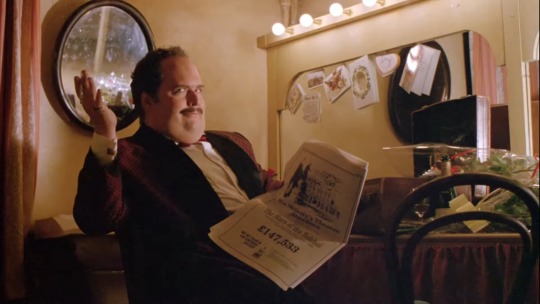
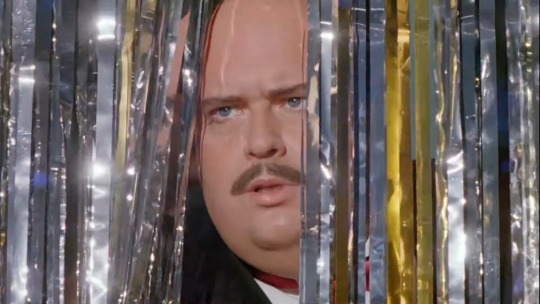
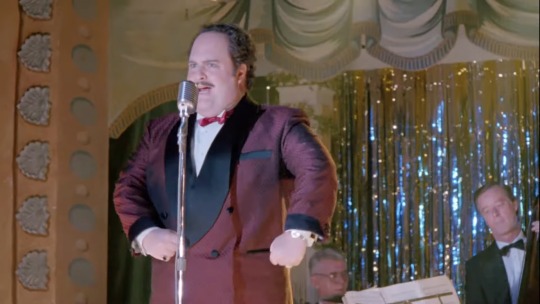
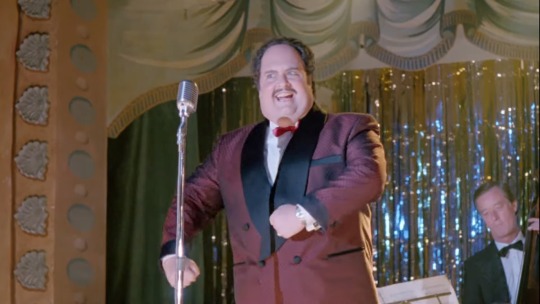
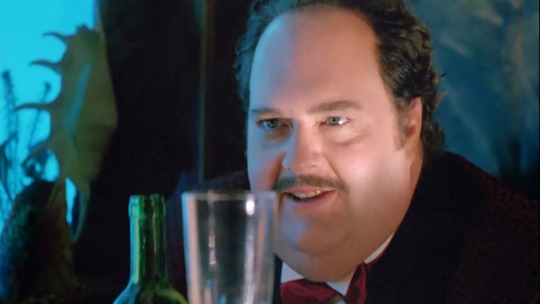

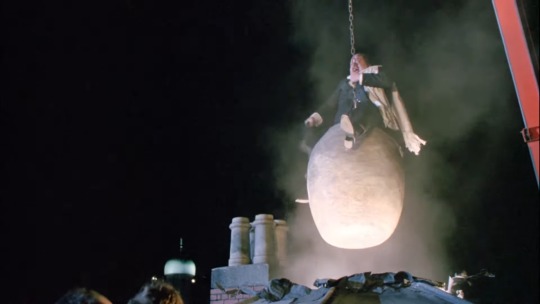
This is a fun film with Ned Beatty, William Hootkins, John Dair and Stephen Marcus.
42 notes
·
View notes
Text

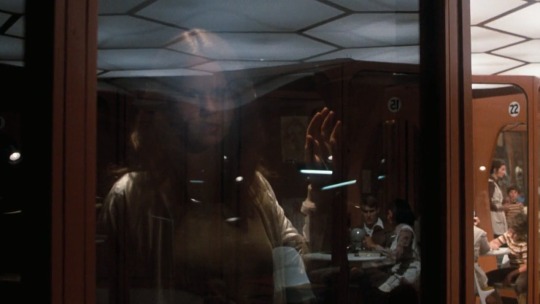


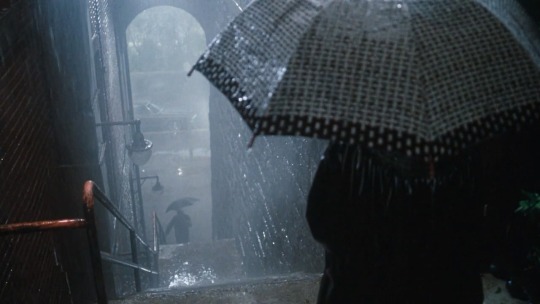
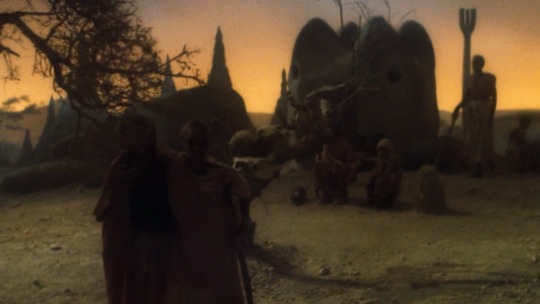
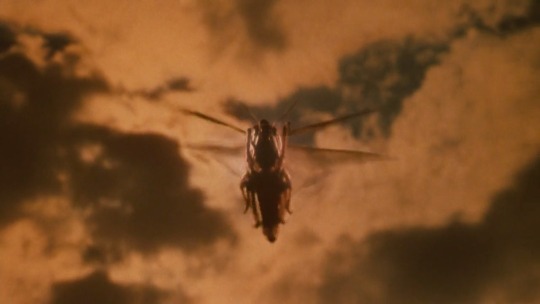
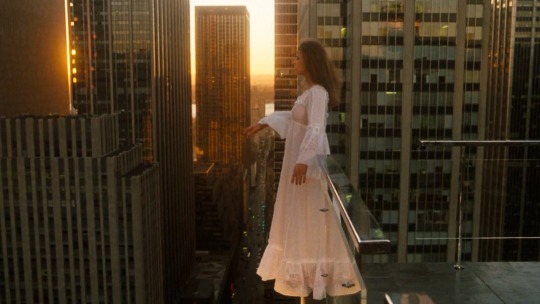
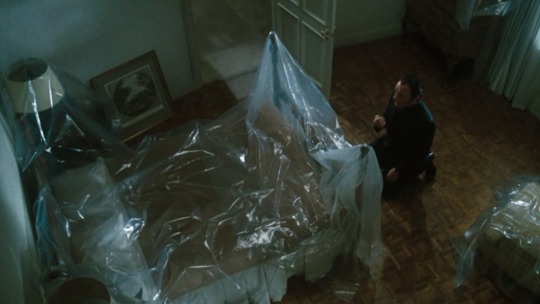

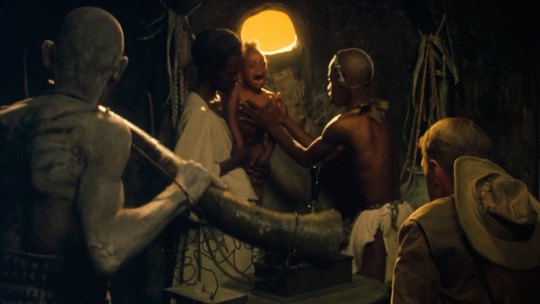
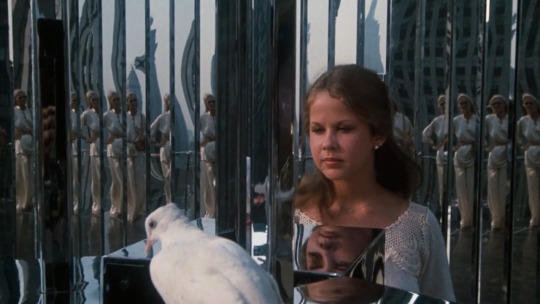

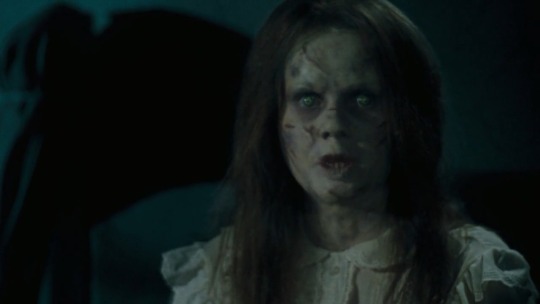

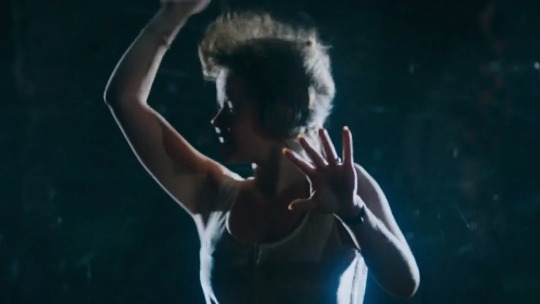
Exorcist II: The Herectic (1977)
DIrector - John Boorman, Cinematography - William A. Fraker
"Once the wings have brushed you, you're mine forever!"
#scenesandscreens#Exorcist II: The Heretic#the exorcist#the Heretic#john boorman#William A. Fraker#ned beatty#Karen Knapp#dana plato#kitty winn#paul henreid#james earl jones#richard burton#louise fletcher#max von sydow#linda blair
27 notes
·
View notes
Photo

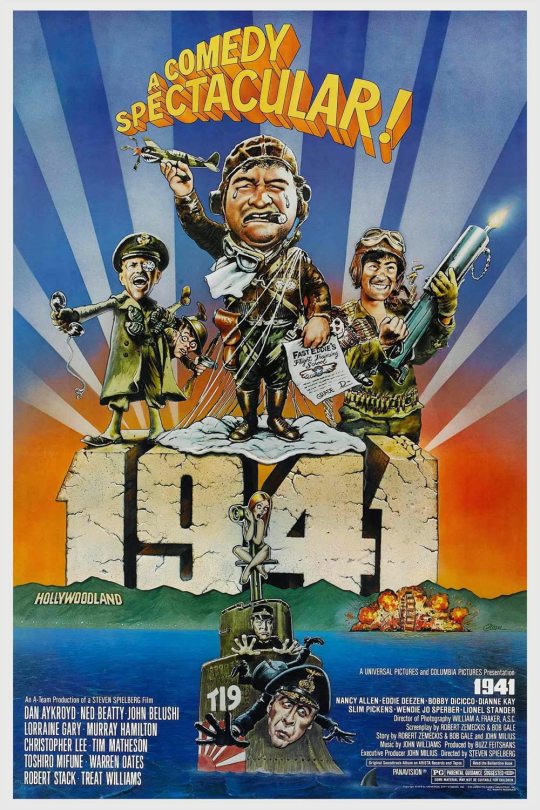

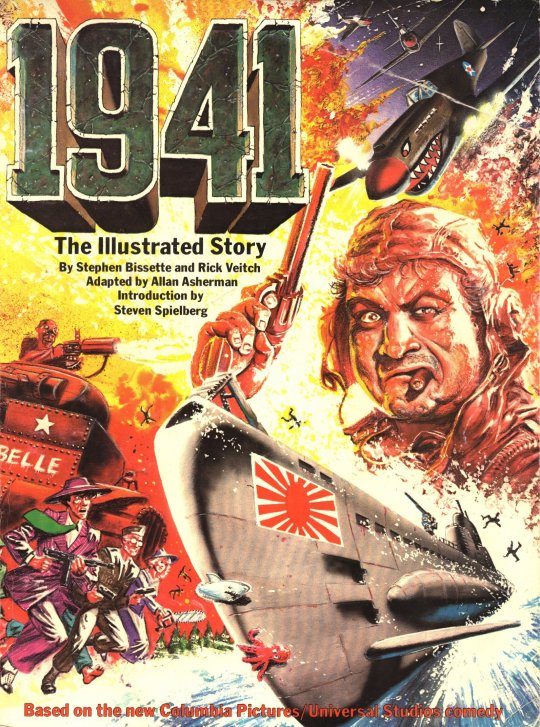
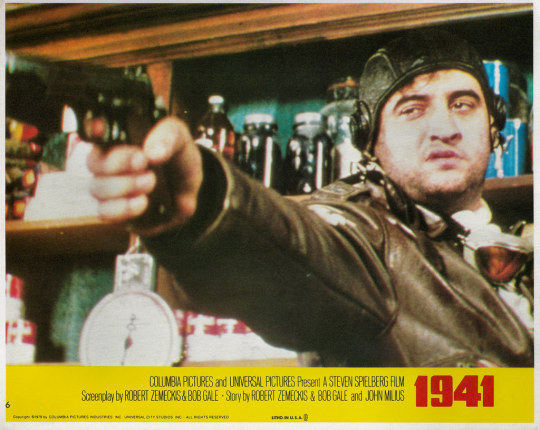

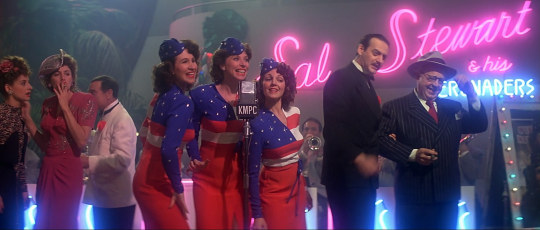
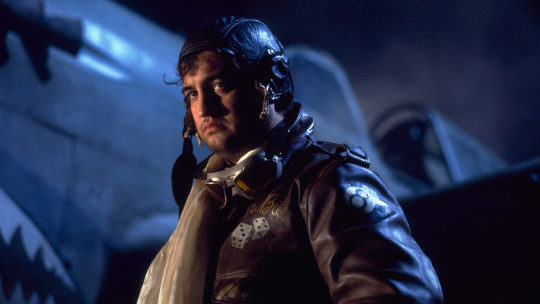


1941 (1979) Steven Spielberg
May 20th 2023
#1941#1979#steven spielberg#dan aykroyd#ned beatty#john belushi#lorraine gary#murray hamilton#christopher lee#tim matheson#toshiro mifune#warren oates#robert stack#treat williams#nancy allen#john candy#elisha cook jr.#eddie deezen#bobby di cicco#dianne kay#perry lang#slim pickens#wendie jo sperber#lionel stander#samuel fuller#mickey rourke#james caan#the night the japs attacked
29 notes
·
View notes
Text
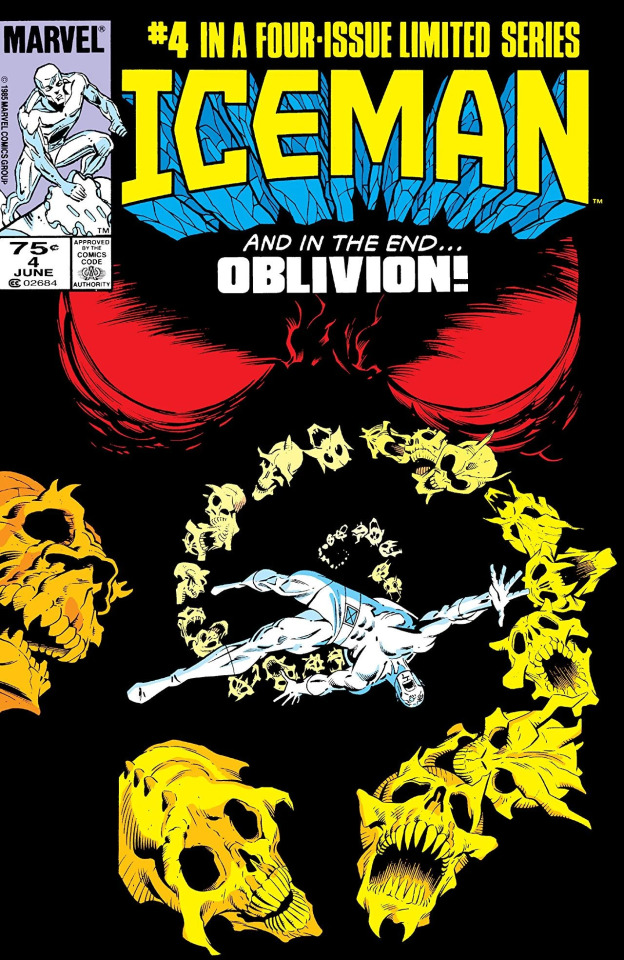
Iceman
Volume: 1
Issue: 4
The Price You Pay
Writers: J.M. DeMatteis
Pencils: Alan Kupperberg
Inks: Mike Gustovich
Colours: Bob Sharen
Covers: Mike Zeck, John Beatty
Marvel
#Iceman#Bobby Drake#J.M. DeMatteis#Alan Kupperberg#Mike Gustovich#Bob Sharen#Mike Zeck#John Beatty#Marvel#Angel#Beast#Kali#Maddie Drake#Mirage#Oblivion#The Idiot#White Light#William Drake
7 notes
·
View notes
Text
~ℚ𝕦𝕠𝕥𝕖𝕤 𝕠𝕗 𝕒𝕡𝕡𝕣𝕖𝕔𝕚𝕒𝕥𝕚𝕠𝕟
"𝙶𝚛𝚊𝚝𝚒𝚝𝚞𝚍𝚎 𝚖𝚊𝚔𝚎𝚜 𝚜𝚎𝚗𝚜𝚎 𝚘𝚏 𝚘𝚞𝚛 𝚙𝚊𝚜𝚝, 𝚋𝚛𝚒𝚗𝚐𝚜 𝚙𝚎𝚊𝚌𝚎 𝚏𝚘𝚛 𝚝𝚘𝚍𝚊𝚢, 𝚊𝚗𝚍 𝚌𝚛𝚎𝚊𝚝𝚎𝚜 𝚊 𝚟𝚒𝚜𝚒𝚘𝚗 𝚏𝚘𝚛 𝚝𝚘𝚖𝚘𝚛𝚛𝚘𝚠." – 𝙼𝚎𝚕𝚘𝚍𝚢 𝙱𝚎𝚊𝚝𝚝𝚒𝚎
"𝙰𝚙𝚙𝚛𝚎𝚌𝚒𝚊𝚝𝚒𝚘𝚗 𝚌𝚊𝚗 𝚖𝚊𝚔𝚎 𝚊 𝚍𝚊𝚢, 𝚎𝚟𝚎𝚗 𝚌𝚑𝚊𝚗𝚐𝚎 𝚊 𝚕𝚒𝚏𝚎. 𝚈𝚘𝚞𝚛 𝚠𝚒𝚕𝚕𝚒𝚗𝚐𝚗𝚎𝚜𝚜 𝚝𝚘 𝚙𝚞𝚝 𝚒𝚝 𝚒𝚗𝚝𝚘 𝚠𝚘𝚛𝚍𝚜 𝚒𝚜 𝚊𝚕𝚕 𝚝𝚑𝚊𝚝 𝚒𝚜 𝚗𝚎𝚌𝚎𝚜𝚜𝚊𝚛𝚢." – 𝙼𝚊𝚛𝚐𝚊𝚛𝚎𝚝 𝙲𝚘𝚞𝚜𝚒𝚗𝚜
"𝙵𝚎𝚎𝚕𝚒𝚗𝚐 𝚐𝚛𝚊𝚝𝚒𝚝𝚞𝚍𝚎 𝚊𝚗𝚍 𝚗𝚘𝚝 𝚎𝚡𝚙𝚛𝚎𝚜𝚜𝚒𝚗𝚐 𝚒𝚝 𝚒𝚜 𝚕𝚒𝚔𝚎 𝚠𝚛𝚊𝚙𝚙𝚒𝚗𝚐 𝚊 𝚙𝚛𝚎𝚜𝚎𝚗𝚝 𝚊𝚗𝚍 𝚗𝚘𝚝 𝚐𝚒𝚟𝚒𝚗𝚐 𝚒𝚝." – 𝚆𝚒𝚕𝚕𝚒𝚊𝚖 𝙰𝚛𝚝𝚑𝚞𝚛 𝚆𝚊𝚛𝚍
"𝙰𝚜 𝚠𝚎 𝚎𝚡𝚙𝚛𝚎𝚜𝚜 𝚘𝚞𝚛 𝚐𝚛𝚊𝚝𝚒𝚝𝚞𝚍𝚎, 𝚠𝚎 𝚖𝚞𝚜𝚝 𝚗𝚎𝚟𝚎𝚛 𝚏𝚘𝚛𝚐𝚎𝚝 𝚝𝚑𝚊𝚝 𝚝𝚑𝚎 𝚑𝚒𝚐𝚑𝚎𝚜𝚝 𝚊𝚙𝚙𝚛𝚎𝚌𝚒𝚊𝚝𝚒𝚘𝚗 𝚒𝚜 𝚗𝚘𝚝 𝚝𝚘 𝚞𝚝𝚝𝚎𝚛 𝚠𝚘𝚛𝚍𝚜, 𝚋𝚞𝚝 𝚝𝚘 𝚕𝚒𝚟𝚎 𝚋𝚢 𝚝𝚑𝚎𝚖." – 𝙹𝚘𝚑𝚗 𝙵. 𝙺𝚎𝚗𝚗𝚎𝚍𝚢
"𝚆𝚑𝚎𝚗 𝚢𝚘𝚞 𝚊𝚛𝚎 𝚐𝚛𝚊𝚝𝚎𝚏𝚞𝚕, 𝚏𝚎𝚊𝚛 𝚍𝚒𝚜𝚊𝚙𝚙𝚎𝚊𝚛𝚜 𝚊𝚗𝚍 𝚊𝚋𝚞𝚗𝚍𝚊𝚗𝚌𝚎 𝚊𝚙𝚙𝚎𝚊𝚛𝚜." – 𝚃𝚘𝚗𝚢 𝚁𝚘𝚋𝚋𝚒𝚗𝚜
"𝙰𝚙𝚙𝚛𝚎𝚌𝚒𝚊𝚝𝚒𝚘𝚗 𝚒𝚜 𝚊 𝚠𝚘𝚗𝚍𝚎𝚛𝚏𝚞𝚕 𝚝𝚑𝚒𝚗𝚐. 𝙸𝚝 𝚖𝚊𝚔𝚎𝚜 𝚠𝚑𝚊𝚝 𝚒𝚜 𝚎𝚡𝚌𝚎𝚕𝚕𝚎𝚗𝚝 𝚒𝚗 𝚘𝚝𝚑𝚎𝚛𝚜 𝚋𝚎𝚕𝚘𝚗𝚐 𝚝𝚘 𝚞𝚜 𝚊𝚜 𝚠𝚎𝚕𝚕." – 𝚅𝚘𝚕𝚝𝚊𝚒𝚛𝚎
"𝙻𝚎𝚝 𝚞𝚜 𝚋𝚎 𝚐𝚛𝚊𝚝𝚎𝚏𝚞𝚕 𝚝𝚘 𝚝𝚑𝚎 𝚙𝚎𝚘𝚙𝚕𝚎 𝚠𝚑𝚘 𝚖𝚊𝚔𝚎 𝚞𝚜 𝚑𝚊𝚙𝚙𝚢; 𝚝𝚑𝚎𝚢 𝚊𝚛𝚎 𝚝𝚑𝚎 𝚌𝚑𝚊𝚛𝚖𝚒𝚗𝚐 𝚐𝚊𝚛𝚍𝚎𝚗𝚎𝚛𝚜 𝚠𝚑𝚘 𝚖𝚊𝚔𝚎 𝚘𝚞𝚛 𝚜𝚘𝚞𝚕𝚜 𝚋𝚕𝚘𝚜𝚜𝚘𝚖." – 𝙼𝚊𝚛𝚌𝚎𝚕 𝙿𝚛𝚘𝚞𝚜𝚝
"𝙶𝚛𝚊𝚝𝚒𝚝𝚞𝚍𝚎 𝚒𝚜 𝚗𝚘𝚝 𝚘𝚗𝚕𝚢 𝚝𝚑𝚎 𝚐𝚛𝚎𝚊𝚝𝚎𝚜𝚝 𝚘𝚏 𝚟𝚒𝚛𝚝𝚞𝚎𝚜, 𝚋𝚞𝚝 𝚝𝚑𝚎 𝚙𝚊𝚛𝚎𝚗𝚝 𝚘𝚏 𝚊𝚕𝚕 𝚘𝚝𝚑𝚎𝚛𝚜." – 𝙲𝚒𝚌𝚎𝚛𝚘
"𝚃𝚑𝚎 𝚍𝚎𝚎𝚙𝚎𝚜𝚝 𝚌𝚛𝚊𝚟𝚒𝚗𝚐 𝚘𝚏 𝚑𝚞𝚖𝚊𝚗 𝚗𝚊𝚝𝚞𝚛𝚎 𝚒𝚜 𝚝𝚑𝚎 𝚗𝚎𝚎𝚍 𝚝𝚘 𝚋𝚎 𝚊𝚙𝚙𝚛𝚎𝚌𝚒𝚊𝚝𝚎𝚍." – 𝚆𝚒𝚕𝚕𝚒𝚊𝚖 𝙹𝚊𝚖𝚎𝚜
"𝙷𝚊𝚙𝚙𝚒𝚗𝚎𝚜𝚜 𝚌𝚊𝚗𝚗𝚘𝚝 𝚋𝚎 𝚝𝚛𝚊𝚟𝚎𝚕𝚎𝚍 𝚝𝚘, 𝚘𝚠𝚗𝚎𝚍, 𝚎𝚊𝚛𝚗𝚎𝚍, 𝚘𝚛 𝚠𝚘𝚛𝚗. 𝙸𝚝 𝚒𝚜 𝚝𝚑𝚎 𝚜𝚙𝚒𝚛𝚒𝚝𝚞𝚊𝚕 𝚎𝚡𝚙𝚎𝚛𝚒𝚎𝚗𝚌𝚎 𝚘𝚏 𝚕𝚒𝚟𝚒𝚗𝚐 𝚎𝚟𝚎𝚛𝚢 𝚖𝚒𝚗𝚞𝚝𝚎 𝚠𝚒𝚝𝚑 𝚕𝚘𝚟𝚎, 𝚐𝚛𝚊𝚌𝚎, 𝚊𝚗𝚍 𝚐𝚛𝚊𝚝𝚒𝚝𝚞𝚍𝚎." – 𝙳𝚎𝚗𝚒𝚜 𝚆𝚊𝚒𝚝𝚕𝚎𝚢
#appreciation#quoteoftheday#beautiful quote#quotes#randomactsofkindness#i appreciate u so much#i appreciate it#gratitude#denis waitley#marcel proust#voltaire#tony robbins#john f kennedy#melody beattie#william arthur ward
7 notes
·
View notes
Photo
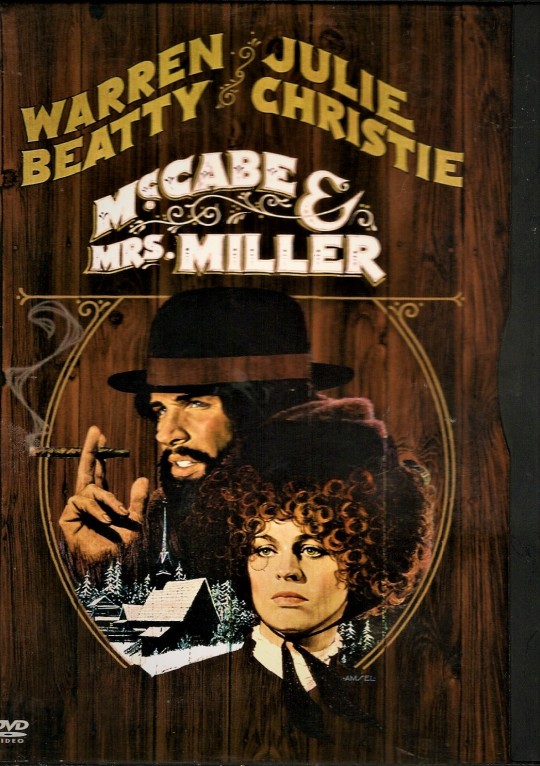
Bad movie I have McCabe & Mrs.Miller 1971
#McCabe & Mrs.Miller#Warner Bros#Warren Beatty#Julie Christie#Rene Auberjonois#William Devane#John Schuck#Corey Fischer#Bert Remsen#Shelley Duvall#Keith Carradine#Michael Murphy#Antony Holland#Hugh Millais#Manfred Schulz#Jace Van Der Veen#Jackie Crossland#Elizabeth Murphy#Carey Lee McKenzie#Thomas Hill#Linda Sorensen#Elizabeth Knight#Janet Wright#Maysie Hoy#Linda Kupecek#Jeremy Newson#Wayne Robson#Jack Riley#Robert Fortier#Wayne Grace
2 notes
·
View notes
Text
MIKEY AND NICKY:
A frustrated man
Tries to protect friend from mob
Night with a train wreck
youtube
#mikey and nicky#random richards#poem#haiku#poetry#haiku poem#poets on tumblr#haiku poetry#haiku form#poetic#criterion collection#peter falk#john cassavetes#william hickey#Joyce van patten#m. emmet walsh#ned beatty#elaine may#Peter R. Scoppa#Rose Arrick#Carol grace#Sanford meisner#Reuben Greene#David Pendleton#Youtube
0 notes
Text
WATCHLIST 2023: Superman
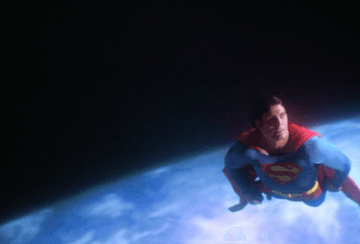
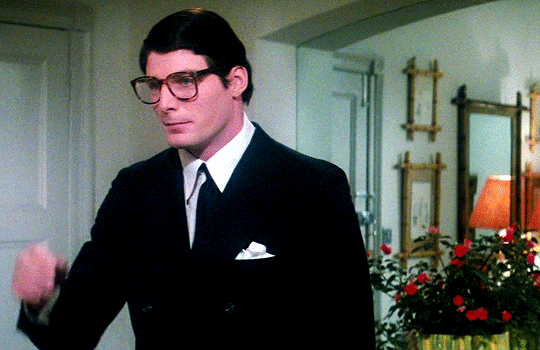
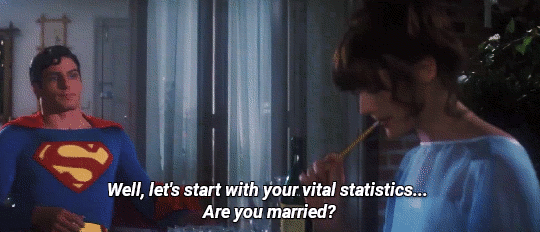
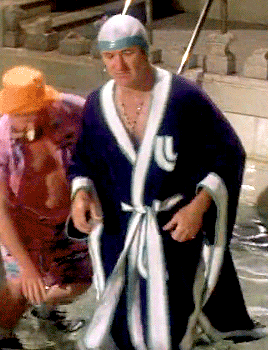
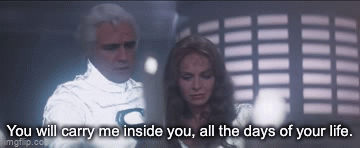
#movie watchlist#superman#superman 1978#christopher reeve#margot kidder#gene hackman#ned beatty#marlon brando#richard donner#john williams#marc mcclure#jackie cooper
0 notes
Text
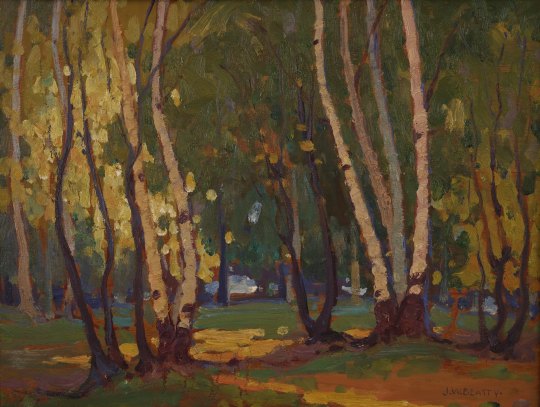
John William Beatty; Sunlit Woods
12 notes
·
View notes
Text
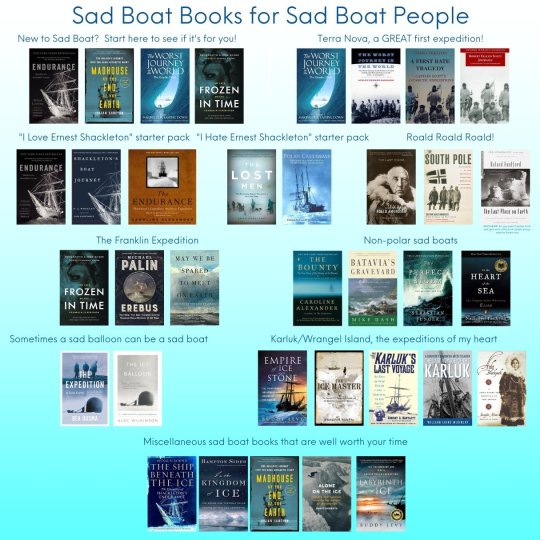
I guess it's time to start moving some content from twt over here! For those who don't know me, I'm a public librarian with a special interest in polar and nautical history, and I love nothing more than connecting readers with good books. I've managed to convert some friends to my way of thinking, and one of them coined the phrase "sad boat books" to describe the types of books that I'm always reading and recommending. Here is my first list of sad boat books-- I can personally vouch for all of them!
New to sad boat? Start here to see if it’s for you!
Endurance by Alfred Lansing
Madhouse at the End of the Earth by Julian Sancton
The Worst Journey in the World- The Graphic Novel Volume 1: Making Our Easting Down adapted by Sarah Airriess from the book by Apsley Cherry-Garrard
Frozen in Time: The Fate of the Franklin Expedition by Owen Beattie and John Geiger
Terra Nova, A GREAT first expedition!
The Worst Journey in the World- The Graphic Novel Volume 1: Making Our Easting Down adapted by Sarah Airriess from the book by Apsley Cherry-Garrard
The Worst Journey in the World by Apsley Cherry-Garrard
A First Rate Tragedy by Diana Preston
Robert Falcon Scott Journals- Captain Scott’s Last Expedition by Robert Falcon Scott
“I Love Ernest Shackleton” starter pack
Endurance by Alfred Lansing
Shackleton’s Boat Journey by Frank Worsley
The Endurance by Caroline Alexander
“I Hate Ernest Shackleton” starter pack
The Lost Men by Kelly Tyler-Lewis
Polar Castaways by Richard McElrea and David Harrowfield
Roald Roald Roald!
The Last Viking: The Life of Roald Amundsen by Stephen Bown
The South Pole by Roald Amundsen
The Last Place on Earth by Roland Huntford*
*DISCLAIMER: this guy hates Captain Scott and gets most of the Scott details wrong, read for Roald only!
The Franklin Expedition
Frozen in Time: The Fate of the Franklin Expedition by Owen Beattie and John Geiger
Erebus by Michael Palin
May We Be Spared to Meet on Earth: Letters of the Lost Franklin Expedition edited by Russell A. Potter, Regina Koellner, Peter Carney, and Mary Williamson
Non-polar sad boats
The Bounty by Caroline Alexander
Batavia’s Graveyard by Mike Dash
The Perfect Storm by Sebastian Junger
In The Heart of the Sea by Nathaniel Philbrick
Sometimes a sad balloon can be a sad boat
The Expedition by Bea Uusma
The Ice Balloon by Alec Wilkinson
Karluk/Wrangel Island, the expeditions of my heart
Empire of Ice and Stone: The Disastrous and Heroic Voyage of the Karluk by Buddy Levy
The Ice Master by Jennifer Niven
The Karluk’s Last Voyage by Robert A. Bartlett
The Last Voyage of the Karluk: A Survivor’s Memoir of Arctic Disaster by William Laird McKinlay
Ada Blackjack: A True Story of Survival in the Arctic by Jennifer Niven
Miscellaneous sad boat books that are well worth your time
The Ship Beneath the Ice: The Discovery of Shackleton’s Endurance by Mensun Bound
In The Kingdom of Ice: The Grand and Terrible Polar Voyage of the USS Jeannette by Hampton Sides
Madhouse at the End of the Earth by Julian Sancton
Alone on the Ice: The Greatest Survival Story in the History of Exploration by David Roberts
Labyrinth of Ice: The Triumphant and Tragic Greely Polar Expedition by Buddy Levy
If you read and enjoy any of these, please let me know!
2K notes
·
View notes
Text
Today for Eighteen-Forties Friday: I purchase and review this goofy-ass Franklin Expedition graphic novel so you don't have to!

The Vanished Northwest Passage Arctic Expedition by Lisa M. Bolt Simons, with illustrations by Eugene Smith, is part of a series called DEADLY EXPEDITIONS with a polar focus; and if I was 11 years old again I would probably love them to death.
From the preview pages alone, I could see that... questionable choices were made, e.g. the portrayal of Jane Franklin as some kind of unaging vampire who is still wearing the dress from her 1816 portrait in 1845.
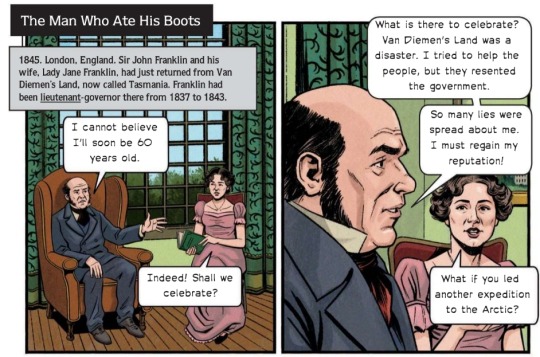
Franklin's officers are referenced from their daguerreotypes (more or less), and we get a nice Fitzjames and Stanley (the latter with with his authentic 1840s juvenile delinquent haircut), as well as a flashback Crozier as the world's most mature 13-year-old.

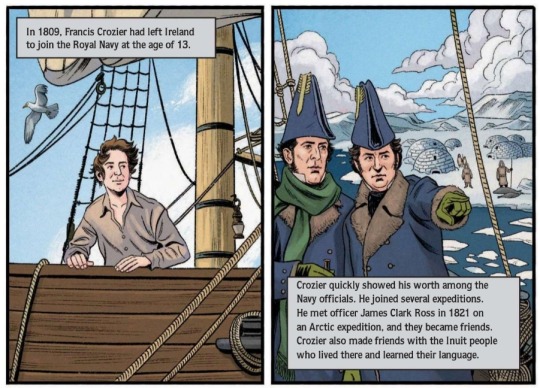
Not every officer with a daguerreotype makes an appearance, and I was very annoyed that this book doesn't have any Henry Le Vesconte. We DO, however, get the Beechey Trio of John Hartnell, John Torrington, and William Braine—who inexplicably go on a mission together and wacky hijinks ensue.
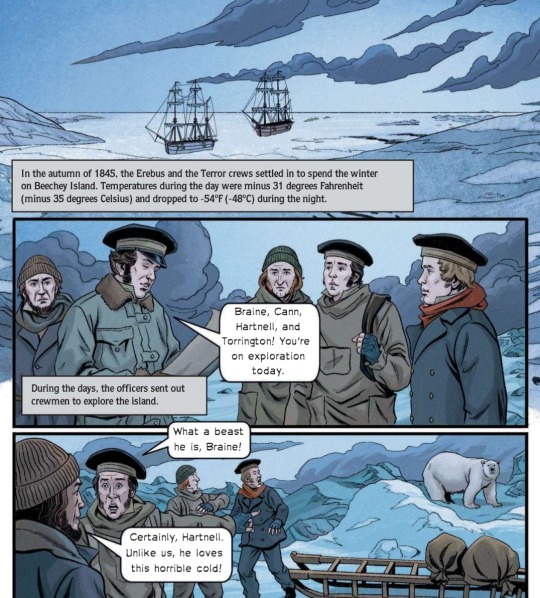
That is a cute Torrington, @entwinedmoon! Although I think @radiojamming will agree with me that the real John Hartnell was more handsome.
Oh yes—and their tragic ends. It's implied that they all catch colds and die instantly in these sequential panels which, God help me, made me laugh out loud.

Way to strip all of the pathos and tragedy from their deaths. If only they had changed into dry underwear!
There is a character who looks just like Ian Hart as Thomas Blanky in the AMC Terror TV show, and the cold weather gear worn worn by the crew also resembles the TV show costuming (which was inspired by Heroic Age of Antarctic Exploration gear).
There is a brief mention of lead poisoning as a contributing factor to the expedition's demise in one panel, but it's otherwise absent—making this book like the opposite of classic kids' Franklin Expedition book Buried in Ice by Owen Beattie, John Geiger, and Shelley Tanaka, which strongly implies that the whole crew is going bonkers from lead poisoning starting in 1846.
#Eighteen-Forties Friday#franklin expedition#1840s#james fitzjames#stephen stanley#arctic expedition#polar#the vanished northwest passage arctic expedition#graphic novel#john hartnell#john torrington#william braine#polar exploration
116 notes
·
View notes
Note
If you could recommend Dan any comedians (or media) to study who/what would you choose? Like things that might help him improve his craft? Not in a mean way just in a honing his skills type of way. A little homework as a treat.
you have no idea how much you're indulging me with this right now, but let's fucking gooooo
i honestly think dan is well-versed in comedy and having the experience he's currently having with touring his comedy material is only gonna help him (even if it's mainly to an audience that already likes him), so in general i think he's on the right track, so the things i say here are way more for people who are interested in comedy in general than about what i think dan should do, but i will mention some stuff related to him just to further contextualize his comedy.
what i would recommend anyone that is interested in comedy (not only as a career path but as a genre, a study subject, etc) would be getting into theory to understand some of the whys and hows of comedy.
i wrote my undergraduate thesis on comedy (and i got an 100% score 🤓) and as torturous as writing a thesis can be, reading and learning more about comedy through an academic lens was extremely exciting, which is why i recommend diving into the different theories and theorists and how comedy is perceived in different historical contexts.
under the cut i put some more thoughts and recommendations to learn more about comedy:
There are several theories that try to explain what is comedy, humor, why we laugh, etc. but I try to narrow it down to 3 main ones: Incongruity, Superiority and Relief.
Although I have not read ALL of them ENTIRELY (some of these I've only read the bits that helped my thesis), for pure theory I recommend some of the work I used for my own research:
• Poetics by Aristotle
• Laughter: An Essay on the Meaning of the Comic by Henri Bergson
• Humour by Terry Eagleton
• Essays on Poetry and Music by James Beattie
• Humor by Sigmund Freud (Yup. That guy)
• Jokes and Their Relation to the Unconscious by Sigmund Freud
• Human Nature by Thomas Hobbes
• Leviathan by Thomas Hobbes
• On Humor by Luigi Pirandello
• Histoire du rire et de la dérision by Georges Minois (I couldn't find an English version of this book online, but it's available in French and Portuguese)
Another way to be exposed to some theory without a lot of effort is by watching Nannette by Hannah Gadsby because she quite directly addresses Incongruity and Relief in that special. I also think it's a good experience overall, so even if you don't wanna learn about comedy, go ahead and watch Nannette.
When it comes to comedy as a tool for social change (which I see as an important aspect of comedy, and I believe that is also a goal for Dan's journey with comedy) I recommend the following (especially the first one):
• A funny matter: toward a framework for understanding the
function of comedy in social change by Caty Borum Chattoo
• Storytelling for Social Change: leveraging documentary and comedy for public engagement in global poverty by Caty Borum Chattoo & Lauren Feldman
• Why stand-up matters by Sophie Quirk
When it comes to mental health, a big topic in Dan's comedy, needless to say Bo Burnham is a great source for that kind of material, but the truth is many comedians (big names and beginners) are talking mental health nowadays in their work, so there is a lot of work to explore out there. But I recommend watching Laughing Matters, a short documentary featuring several comedians talking about their mental health and their careers in comedy, and John Mulaney's part on Netflix's The Hall: Honoring the Greats of Stand-Up where he talks about Robin Williams. These works help demystify that terrible myth that in order to be a comedian or seek comedy you have to be some sort of tortured soul, that whole idea of "my trauma made me funny", etc. Still kinda on that line of mental health but a bit more, like, autobiographical, which is kind of the line where Dan is going, I feel like Nannette, as previously mentioned, is a good one and so is Rothaniel by Jerrod Carmichael (HBO Max). Although most comedians will do kind of autobiographical work, I think these two just kind of hit closer to where Dan is aiming.
To understand more comedy from the POV of comedians themselves I recommend any podcast on comedy like Comedy Bang Bang, You Made It Weird, Conan O'Brien Needs A Friend, etc. and listening to episodes featuring comedians you like. I think having a favorite comedian and watching anything by them where they talk about their journey with comedy can make this easier. Comedians In Cars Getting Coffee is also this great window into this world of comedy and the way these comedians see their craft and their journeys (fair warning about this show and, honestly, getting into comedians in general: many people here are talented but suck ass as people. Consume their work at your discretion).
For me, I love John Mulaney as a comedian, so I tend to favor his views on comedy and I find that his interview with Larry King in 2018 is quite a great way to see his understanding of performing comedy and his own role in it. I also like Robin Williams, Bill Hicks, Julio Torres, George Carlin, Patti Harrison, Maria Bamford, Jerrod Carmichael, Joel Kim Booster, and many more. But honestly, my main reference is John Mulaney, and most of my comedy knowledge comes from the US comedy, so I do think having a niche helps.
You may like British comedy better, or maybe you enjoy comedy from your country better, or maybe you just don't get physical comedy at all, or you can only feel alive when you consume cringe comedy, etc. I like comedy a lot but I'm not into every kind of comedy in the same way. But I would say that being exposed to as many different kinds of comedy, formats and comedians as possible can be very positive because there's so much to learn from any well-done joke, y'know?
For me, one type of comedy that feels indispensable to any performer is improv comedy. The "yes, and..." mentality is essential to anyone going on stage and facing an audience. And to anyone writing comedy, being given a random situation and not escaping from it but learning to expand it is essential. And, honestly? Just regular living can be improved with some improv. So, obviously: Whose Lines Is It Anyway? is a good way to start there (I favor the older ones but that's because I ferociously consumed every 90s-2000s episode of the US WLIIA when I was a teenager). If you're Brazilian, Improvável by Barbixas is a great way to start as well with almost endless content to explore.
And, honestly? Any video essay on comedy, comedians or comedy media you enjoy. We all love a good video essay. I like:
• How Nathan Fielder Undresses People by Nerdwriter1
• The Power of Storytelling: John Mulaney by PhilosoFun
• The Hidden Formula Behind Almost Every Joke on Late Night by Slate
• Efficiency in Comedy: The Office vs. Friends by Drew Gooden
• The Death of Laugh Tracks by Drew Gooden
• Is SNL Even Funny? by Drew Gooden
• I watched one SNL episode from every season by Drew Gooden
(What I mean here is that Drew Gooden needs to make more video essays on comedy, please.)
Oh, another thing that is really important is delivery. I will, once again, bring up John Mulaney because I think his delivery is phenomenal. The Salt and Pepper Diner is a masterclass on comic delivery, I believe. I mentally quote "Hey, November Rain is over! ... No, it's not. There's more." all the time. Which brings me to another point, listen to stand-up albums. I love watching a good stand-up special but audio makes you really appreciate the delivery of the joke. The comedian has to convince you they're worth of your time with their ability to get a joke out of their brain into the world with no help of visuals. It helps you understand that comedian's comic voice. And I think John Mulaney does that really well.
Of course there is a variety of different comics with different deliveries to also be impressed by: Dan Mintz and Nathan Fielder have kind of similar styles of voices but their humor is kind of different. Leslie Jones, Pete Davidson, Conan O'Brien, Katt Williams, Bo Burnham, Julio Torres, Daniel Sloss, Ali Wong, Katherine Ryan, Hannah Gadsby, Wanda Sykes, Tig Notaro, Chris Rock, etc, they all have different ways to speak, but they know how to work their rhythm well enough to land their jokes the right way. You gotta find your own rhythm.
And I think a final thought is: authenticity. Not that you have to give 100% of yourself all of the time. You can tweak stories, enhance certain situations, hide things, not tell the full truth, you can even straight up LIE, and all that. but you gotta make it believable. An audience that senses a lack of authenticity, won't be entertained for long. If you're not explicitly coming in with a fictional character, your audience will be seeking your essence. Your comedy is a reflection of you. So whatever you say, whatever part of your life you decide to expose, whatever vision you share, your audience is associating that to you. You're not just a medium from where the jokes come from, you are it. Which is why you can't just tell a joke because you think it will be funny, you gotta tell it because it's honest to you, to your beliefs, it resonates with you. You have to understand that the audience will see that joke as an expression of yourself.
See why Dan's joke about not washing his feet back-fired? He either picked something unauthentic to him - according to him he just chose a random example - or he did pick something authentic to him but, like many comedians do, backed out once he got called out. He had the choice of running with it, owning the joke but he backed out. And if he's honest when he says he just chose a random example, then he made the mistake of not being authentic to his own beliefs when telling a joke.
In the endddd, my favorite way to learn about comedy is by watching comedians talk about comedy. And comedy is too rich of a field to be explored only through the academic angle, or one theorist's point of view so having people who live and breathe comedy talk about it is a great source of knowledge. That's one of the reasons why in my thesis, when I explained the theories of comedy, I didn't just quote theorists, I also quoted comedians.
Final thoughts: just, y'know, be yourself. Have fun. Don't joke about not washing your feet if you don't want people to think you don't wash your feet, etc. And most importantly, punching up will always be the best way to use your craft for the better.
If you read until here, why the fuck would you do that? But thankssss. <3
37 notes
·
View notes
Text
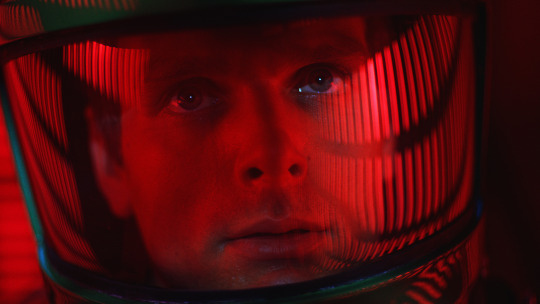
Keir Dullea in 2001: A Space Odyssey (Stanley Kubrick, 1968)
Cast: Keir Dullea, Gary Lockwood, William Sylvester, Daniel Richter, Leonard Rossiter, Margaret Tyzack, Robert Beatty, Sean Sullivan, Douglas Rain (voice). Screenplay: Stanley Kubrick, Arthur C. Clarke, based on a story by Clarke. Cinematography: Geoffrey Unsworth. Production design: Ernest Archer, Harry Lange, Anthony Masters. Film editing: Ray Lovejoy.
I know that I first saw 2001 on April 13, 1968, because (as a little Googling tells me) that was the date of the lunar eclipse I witnessed on leaving the theater, an appropriately cosmic climax to the cinematic experience I had just had. Kubrick's film was an experience to be savored by those of us who were already hip to the revolution in American filmmaking underway after the sensation of Bonnie and Clyde (Arthur Penn, 1967) and The Graduate (Mike Nichols, 1967). I doubt that anyone who wasn't of an age to experience it realizes quite how revolutionary those movies seemed to us. Though it's conventional to say that our experiences were produced in part by controlled substances, anyone who really knows me knows that I wasn't under the influence of any substance stronger than beer. Today, 2001 doesn't seem much like a revolutionary film: We have lived through the actual 2001, which had its own epoch-making event in the September of that year, but in which no one was making trips to the moon on Pan Am. That airline went out of business in 1991, and the last real moon expedition, Apollo 17, took place in December 1972. But the future is never quite what it's cracked up to be. What was revolutionary about 2001 the movie is that it taught us how a movie can make us think without spelling out its ideas for us. Kubrick wisely whittled down the narrative given him by Arthur C. Clarke to a series of images, and ditched the score written by Alex North for an evocative set of snippets from classical works, letting us assemble any meaning to be derived from the film for ourselves. Of course, in 1968 we went back to our homes and dorm rooms and did just that. Seeing it today, I am most struck by how skillful Kubrick was in creating the persona of HAL, the sentient computer. Much credit goes, of course, to the voiceover work of Douglas Rain, but also to Kubrick's choice to make the dialogue of the humans in the movie as banal and jargon-filled as possible. HAL's final pleading and breakdown as Dave pulls his memory chips is haunting. Yes, the movie has its longueurs: Kubrick is deservedly proud of its landmark special effects and spends more time than is necessary showing them off. They won him the film's only Oscar, without honoring the work of Douglas Trumbull and others who executed them. He was also nominated as director and as co-screenwriter with Clarke, and the art direction team received a nod, but the film was passed over for the significant work of cinematographer Geoffrey Unsworth, who was assisted by John Alcott, and for the sound crew headed by Winston Ryder. And it failed to receive a best picture nomination in the year when that award went to Oliver! (Carol Reed, 1968). I happen to like Oliver! and don't think it's necessarily one of the Academy's more shameful choices, but it's certainly not an epochal movie.
12 notes
·
View notes
Text
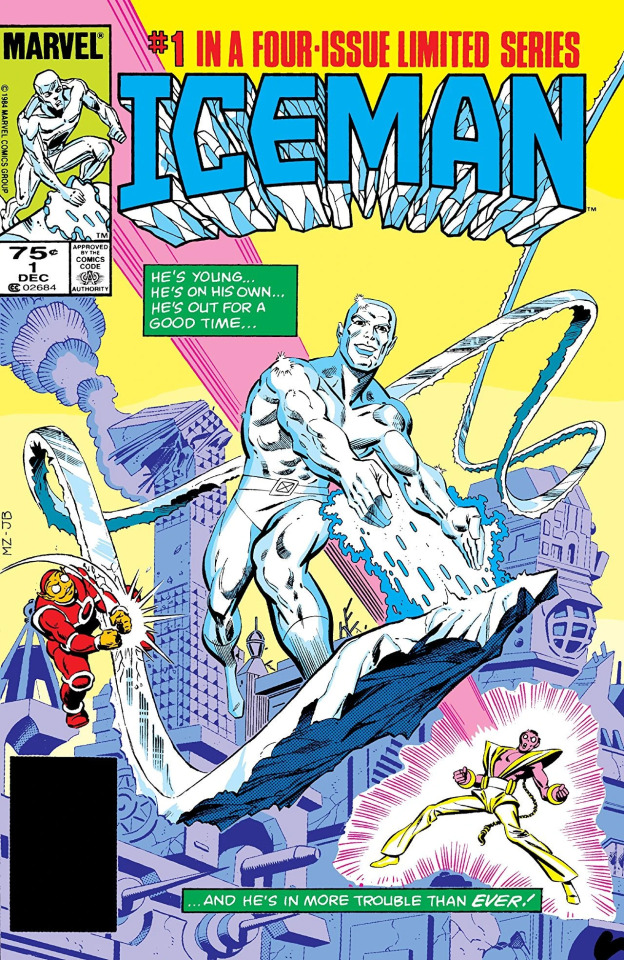
Iceman
Volume: 1
Issue: 1
The Fuse
Writers: J.M. DeMatteis
Pencils: Alan Kupperberg
Inks: Mike Gustovich
Colours: Bob Sharen
Covers: Mike Zeck, John Beatty
Marvel
#Iceman#Bobby Drake#Marvel#J.M. DeMatteis#Alan Kupperberg#Mike Gustovich#Bob Sharen#Mike Zeck#John Beatty#Marge Smith#Mirage#William Drake#Oblivion#Madeline Drake
1 note
·
View note